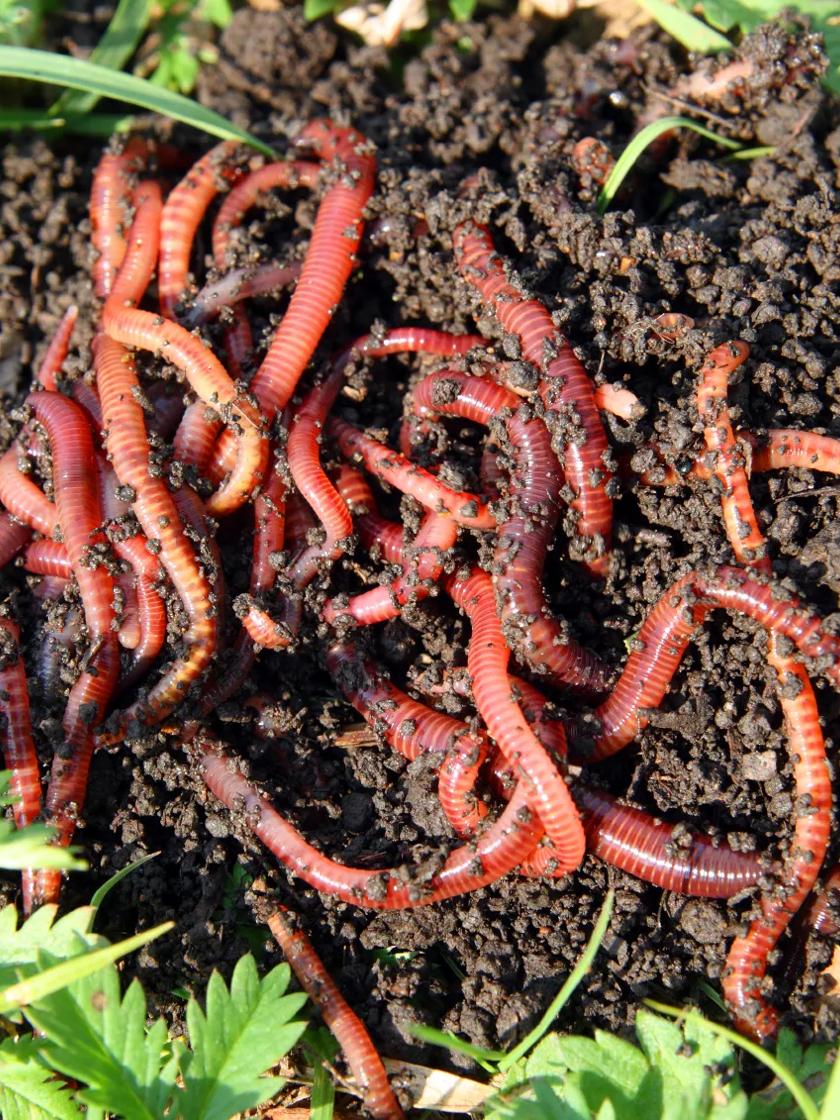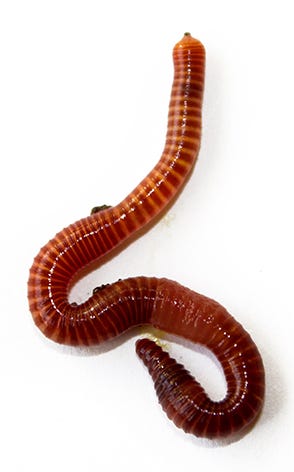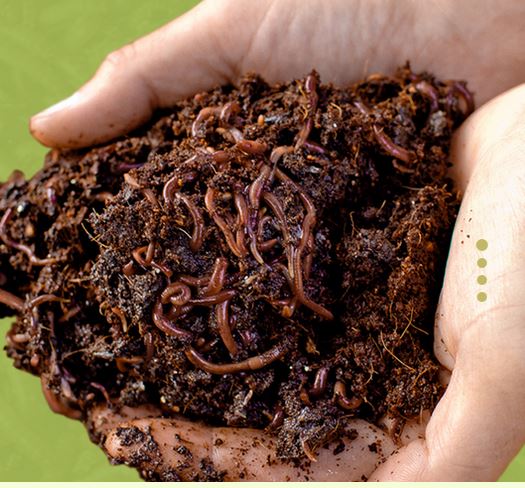Red Wiggler Worms - Perfect for Vermicomposting and Dirt Enrichment
Red Wiggler Worms - Perfect for Vermicomposting and Dirt Enrichment
Blog Article
Red Wiggler Worms Demystified: Unlocking the Secrets of Vermiculture for Greener Living and Nutrient-Rich Dirt
In the world of sustainable methods for improving dirt quality and advertising eco-conscious living, red wiggler worms play a crucial yet frequently neglected function. Red Wiggler Worms. Comprehending the ins and outs of caring for these worms, maximizing their atmosphere, and utilizing their castings can lead to a greener way of life and much healthier soil for plants to grow.
The Function of Red Wiggler Worms
Red Wiggler worms play an essential function in composting systems by successfully damaging down natural matter right into nutrient-rich spreadings. These starved eaters consume a range of natural products, such as kitchen scraps, lawn waste, and paper items. As they feed, the worms' digestive system procedures damage down the natural matter into a fine, dark, and nutrient-dense material understood as worm spreadings or vermicompost.
The spreadings created by Red Wiggler worms are extremely helpful for dirt wellness and plant growth. They are rich in necessary nutrients like potassium, nitrogen, and phosphorus, which are crucial for sustaining healthy plant growth. Additionally, worm castings contain useful microorganisms and enzymes that aid enhance dirt structure, increase water retention, and improve nutrient uptake by plants.
Benefits of Vermicomposting

It improves soil framework, enhances soil oygenation, and enhances dirt moisture retention. Vermicompost likewise improves the soil with crucial nutrients like phosphorus, potassium, and nitrogen, advertising plant growth and total dirt fertility.
Furthermore, vermicomposting assistances lasting gardening techniques by providing a natural and chemical-free alternative to synthetic fertilizers. Red Wiggler Worms. This ecologically pleasant method not only improves the dirt but also helps in reducing dependence on hazardous chemicals, advertising a greener and a lot more sustainable way of horticulture
Establishing a Worm Container
When establishing a worm container for vermicomposting, appropriate setup is important to ensure the success of the composting procedure. The initial step in establishing up a worm bin is selecting a suitable container. This can be a plastic bin or wooden box that provides adequate space for the worms to walk around and has appropriate drainage holes to avoid waterlogging. Next off, a bed linen material such as shredded paper, cardboard, or coconut coir ought to be contributed to the bin. This bed linen gives a comfortable environment for the worms and assists keep moisture degrees.
After including the bed linens, present the red wiggler worms to the container. The worms must then be provided with food scraps such as fruit and veggie peels, coffee premises, and eggshells.
Frequently check the dampness degrees and temperature in the worm bin to ensure optimal conditions for the worms. With proper setup and upkeep, the worm container will efficiently convert organic waste right into nutrient-rich compost for more information your plants and garden.
Harvesting Worm Castings
To successfully accumulate nutrient-rich worm castings from your vermicomposting system, a methodical harvesting technique is essential. There are a couple of crucial actions to comply with to ensure a successful process when it comes time to collect the worm spreadings. Firstly, stop including fresh food scraps away of the worm container for a number of weeks before collecting. This urges the worms to migrate sideways with fresh bed linen and food, making it less complicated to dig the spreadings from the opposite.

Troubleshooting Common Issues
Identifying and attending to typical difficulties that may occur throughout the vermicomposting process is vital for maintaining a healthy and balanced and efficient worm container. Adding article source excess food scraps can lead to an accumulation of moisture and acidity in the worm container, potentially damaging the worms. Another concern is undesirable odors rising from the worm container.
In addition, if the worm populace is declining or the worms show up undesirable, maybe due to ecological stressors such as extreme temperatures or pH degrees. Keeping track of these aspects and making needed adjustments is crucial for the well-being of the worms. By troubleshooting these usual concerns immediately, vermicomposters can make certain a smooth and effective vermicomposting process while keeping a flourishing worm population.

Conclusion
To conclude, red wiggler worms play a critical role in vermiculture by breaking down raw material into nutrient-rich soil. The benefits of vermiculture include greener living and enhanced dirt quality. Establishing a worm container is vital for effective vermiculture, and collecting worm spreadings gives beneficial compost for gardening. By understanding and fixing typical concerns, people can open the secrets of vermiculture for sustainable living and healthier dirt.
As they feed, the worms' digestion processes break down the organic issue right into a fine, dark, and nutrient-dense product understood as worm spreadings or vermicompost.
The spreadings created by Red Wiggler worms are extremely helpful for soil health and wellness and plant growth. Including excess food scraps can lead to a build-up of moisture and acidity in the worm helpful site bin, possibly harming the worms.Furthermore, if the worm populace is decreasing or the worms show up harmful, it can be due to ecological stressors such as extreme temperature levels or pH degrees. Setting up a worm container is crucial for successful vermiculture, and harvesting worm spreadings offers useful garden compost for gardening.
Report this page